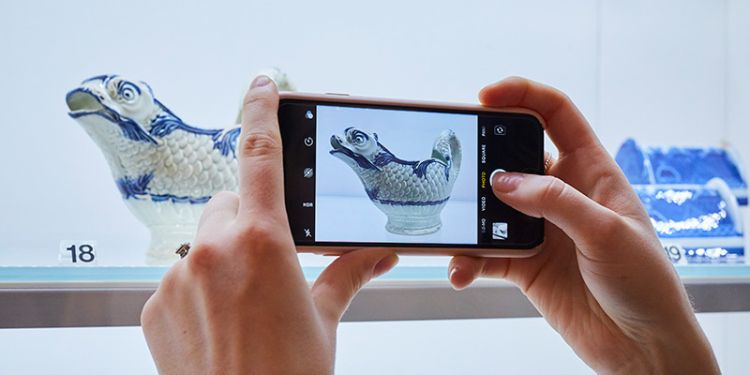Year in industry

As part of your degree, you have the option to spend a year in industry.
This presents a fantastic opportunity for you to gain confidence, build experience and develop workplace skills before graduating.
You will be supported by the School in researching your chosen area of work and given tips and advice to secure a placement (or placements) that enable you to develop your employability skills in an interesting and meaningful way.
Your placement year
As with study abroad, you don’t need to decide whether you want to take a work placement year before you apply for your degree.
The placement year provides the opportunity to spend a year completing structured work experience anywhere in the world, before returning to Leeds for your final year.
During your second year, you will be given the option to apply for the placement year, which will extend your degree to four years.
After completing your year in industry, you’ll return to the University for your final year, applying what you have learnt on your placement(s) to your studies.
Work placements
You’ll also have the opportunity to undertake short work placements as part of the University’s commitment to offering career enhancement opportunities.
Work experience as you study
You can work during the University holidays or part-time during the year to gain valuable experience. The University offers a range of exclusive short-term internships with a range of employers and there are often opportunities on campus too.
Leeds is home to a variety of artists’ groups, museums and galleries who may offer internship and work experience opportunities.
Volunteering is another way to develop valuable skills alongside your degree. At Leeds there are plenty of opportunities to get involved in, including being on the committee for your halls of residence, working on a Leeds University Union community project and volunteering for a charity in the Leeds vicinity.
Benefits of work experience
Undertaking a year in industry or short term work placements can greatly improve your employability and gives you the opportunity to:
- understand the work environment, how it functions and your potential contribution to it;
- understand and apply work-based learning to other areas of personal development, including academic learning;
- demonstrate high-level transferable skills including communication, organisational, time management, problem solving, working independently and in a team, and self-awareness of strengths and limitations;
- show an ability to research and compete in the job market, specifically, but not exclusively, in the cultural industries.

